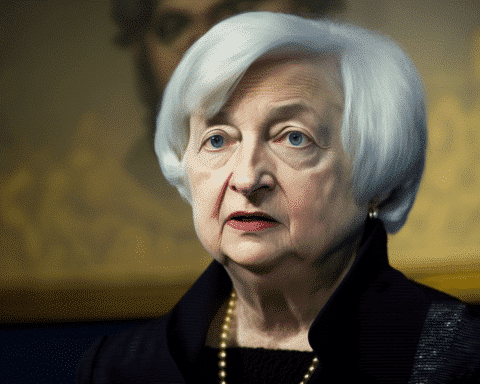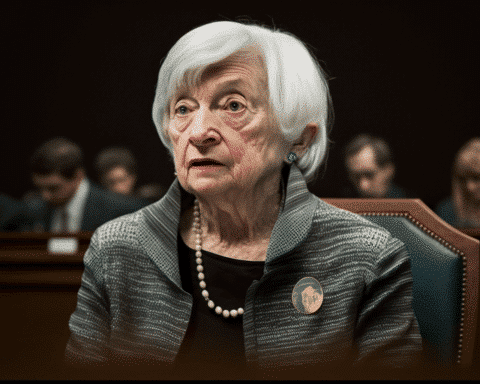Amidst the Group of Seven (G7) finance chiefs meeting this week, concerns over the trajectory of US debt have taken center stage, signaling a potential entry into a danger zone for the nation’s fiscal health. Despite mounting debt burdens and persistent deficits across member nations, fiscal sustainability failed to secure a spot on the G7 agenda, raising eyebrows among economic observers.
Two contrasting perspectives dominate the discourse on the issue. One camp, buoyed by examples like Japan’s ability to manage substantial debt burdens with minimal repercussions, contends that there’s little cause for immediate alarm. However, an opposing viewpoint emphasizes the vulnerability of national treasuries in the face of unforeseen emergencies, with diminished fiscal space to maneuver. This cautionary stance finds resonance in past crises, such as the UK’s 2022 turmoil sparked by unfunded tax cuts.
Michael Feroli, chief US economist at JPMorgan, underscores the fragility of the current debt landscape, warning against complacency akin to the UK’s recent experience. Notably, the surge in federal debt has outpaced the capacity of primary dealers in Treasuries to adequately trade securities, leaving the market susceptible to shocks, as evidenced during the onset of the COVID-19 pandemic.
US Treasury Secretary Janet Yellen has sought to downplay concerns over the debt-to-GDP ratio, preferring to focus on net debt interest payments adjusted for inflation. However, projections from Goldman Sachs economists paint a worrisome picture, with the debt-to-GDP ratio projected to exceed suggested guidelines and potentially hit 2.3% by 2034. Such forecasts fail to account for unforeseen events like conflicts, underscoring the need for proactive fiscal management.
The urgency of addressing debt concerns extends beyond US borders, as evidenced by the recent recalibration of interest rate cut forecasts by major banks in anticipation of actions by the Bank of England (BOE). Economic teams at institutions including Goldman Sachs Group Inc, Morgan Stanley, HSBC Holdings Plc, and Barclays Plc have pushed back expectations for the BOE’s first rate cut, now projecting it to occur in August rather than June. This adjustment comes in response to inflation data suggesting a less favorable environment for monetary easing.
The reluctance of the G7 to prioritize fiscal sustainability underscores broader challenges facing global economic governance. Against the backdrop of historical precedents, such as the 1935 summit in Stresa, Italy, convened to address Nazi Germany’s rearmament plans, the need for preemptive action becomes apparent. Failure to address mounting debt burdens and deficits could leave nations ill-equipped to navigate future crises, posing significant risks to economic stability.
While the US debt trajectory may not trigger immediate alarm bells, the absence of proactive measures to address fiscal vulnerabilities raises concerns about the nation’s long-term financial health. The G7’s oversight of fiscal sustainability, coupled with recalibrated interest rate forecasts by major banks, underscores the need for concerted efforts to mitigate risks and ensure economic resilience in an increasingly uncertain global landscape.




